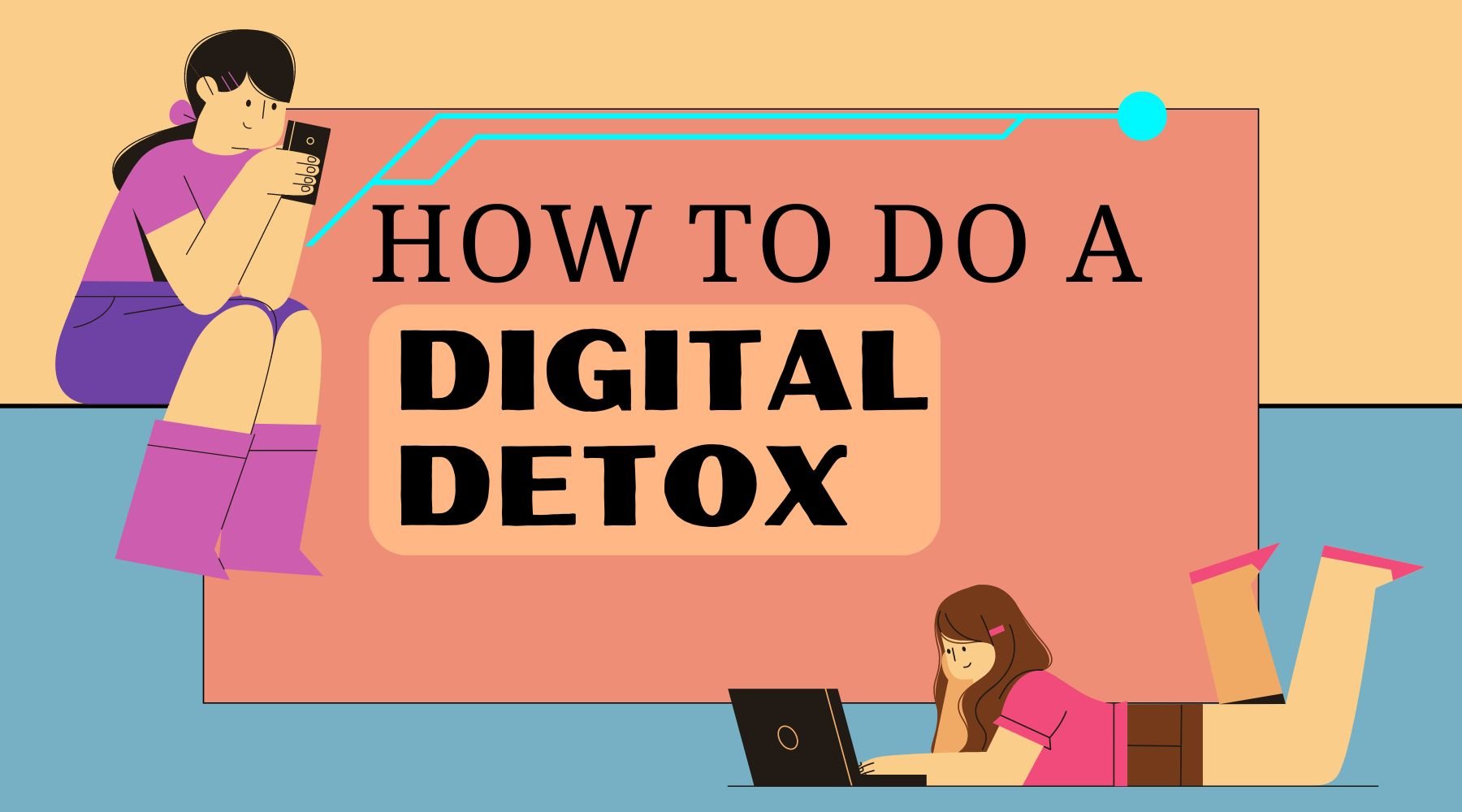Would you give your phone up for a month to win $10,000? U.S. yogurt brand Siggi’s challenged customers to exactly that, requiring entrants to submit an essay detailing their digital detox for the chance to win a cash prize. This contest was more than just an invitation to a contest - it was a call to action.
More and more adults are growing concerned about digital reliance, with 56.9% of Americans admitting they're "addicted to their phones". However, while Siggi's contest requires entrants commit to a month-long detox, we know it can be hard to do this overnight.
Let's break down what causes phone reliance (the most common digital device addiction), discuss a feasible battle plan to tackle a digital detox, and provide long lasting solutions for success.

How often do we really use our phones, anyways?
In the 21st century, cell phones are much more than just a method to take calls. These devices allow you to take photos, play games, listen to music, surf the webs, control Bluetooth devices, and much more.
Here’s an alarming fact – over 60% of 16 to 34-year-olds use their phone as their primary timepiece and/or alarm, rather than an analog clock or watch. Even more surprisingly, Max Spielmann revealed that in 2023 that 92.5% of all photos were captured on smartphones. People spend more time committing memories to the cloud than immersing themselves in the moment.
Cell phones are not just a replacement of less-advanced technology - they're a cornerstone of many daily activities. Shopping malls have been ditched for online directories. In-person meetups are out, video calls are in. Add to that the number of smart TVs, speakers, and thermostats controlled by apps, it’s no wonder that 89% of people can’t go a full day without being digitally connected.
With the above in mind, you can't really just wake up and fully unplug for the day. Having a solid plan beforehand is crucial for this detox to be effective.
A 3-prong battle plan to unplug from technology
1. Identify replacements for apps you use
Apps play a huge role in the growing cell phone dependency. First, you need to conduct an audit, breaking down what you're using and what it's replacing. For example: Google Maps replaces maps, audiobooks replace paper books, and notes apps replace notebooks.
2. Have "No Screen" days
Once you've created a list of all replaceable/nonessential digital devices you use, choose a day of the week to swear off all of these electronics. Detoxes are stronger in numbers, so try to complete this with your family, friends, or roommates.
Review your weekly schedule with the group(s) you plan to complete this detox with, and make sure there are no important commitments (work, exams, etc.) that require electronics. Additionally, make sure to stay connected to medical devices (ie: cell phone apps like "mySugr," which assist in monitoring blood sugar). This way, you can ensure your detox isn't interfering with necessities.
3. Plan activities
In one way or another, most of our hobbies and sources of entertainment relate back to electronics. During a digital detox, it's crucial to plan activities to pass the time and bond with those you're sharing your detox with. These activities will vary greatly based on those involved. For example, if young children are participating, try to play board games or physical party games such as Charades. However, if your group only consists of adults, other activities such as book-readings or word searches can be added to the itinerary.
PRO TIP: If you're able to, travel! It's much harder to run out of new things to do when everything around you is a first! If you are traveling with family, you’ll likely need more than one activity to keep the kids entertained on the drive. Check out 10 more family friendly ideas here!
Becoming regular "unpluggers"

It’s much easier to regularly commit to a detox when you when you have something to beat boredom, which is the #1 reason people turn to their phones.
How can you break the cycle? The answer is tech-free hobbies. Card tricks and board games can bring limitless enjoyment during a detox, while tending a garden, learning to sew, and writing letters to teachers are three great pastimes that will have a lasting impact.
Better yet, consider more immersive activities like 3D puzzles, scrapbooking, and DIY book nook kits. The time commitment may be daunting, but high-involvement activities such as these are ideal for digital detoxes. Plus, they are both relaxing and distracting - great for lessening worries and passing time.
To sum it all up:
Digital detoxes can be daunting - but, they don't have to be. With proper preparation, lasting habits, and enjoyable tech-free activities, you and your family will be able to adopt a digital detox into your schedule in no time.




Share:
Board Game Shelf Ideas to Create a Master Game Room
DIY Book Nook Kits: The Perfect Indoor Hobby for Readers